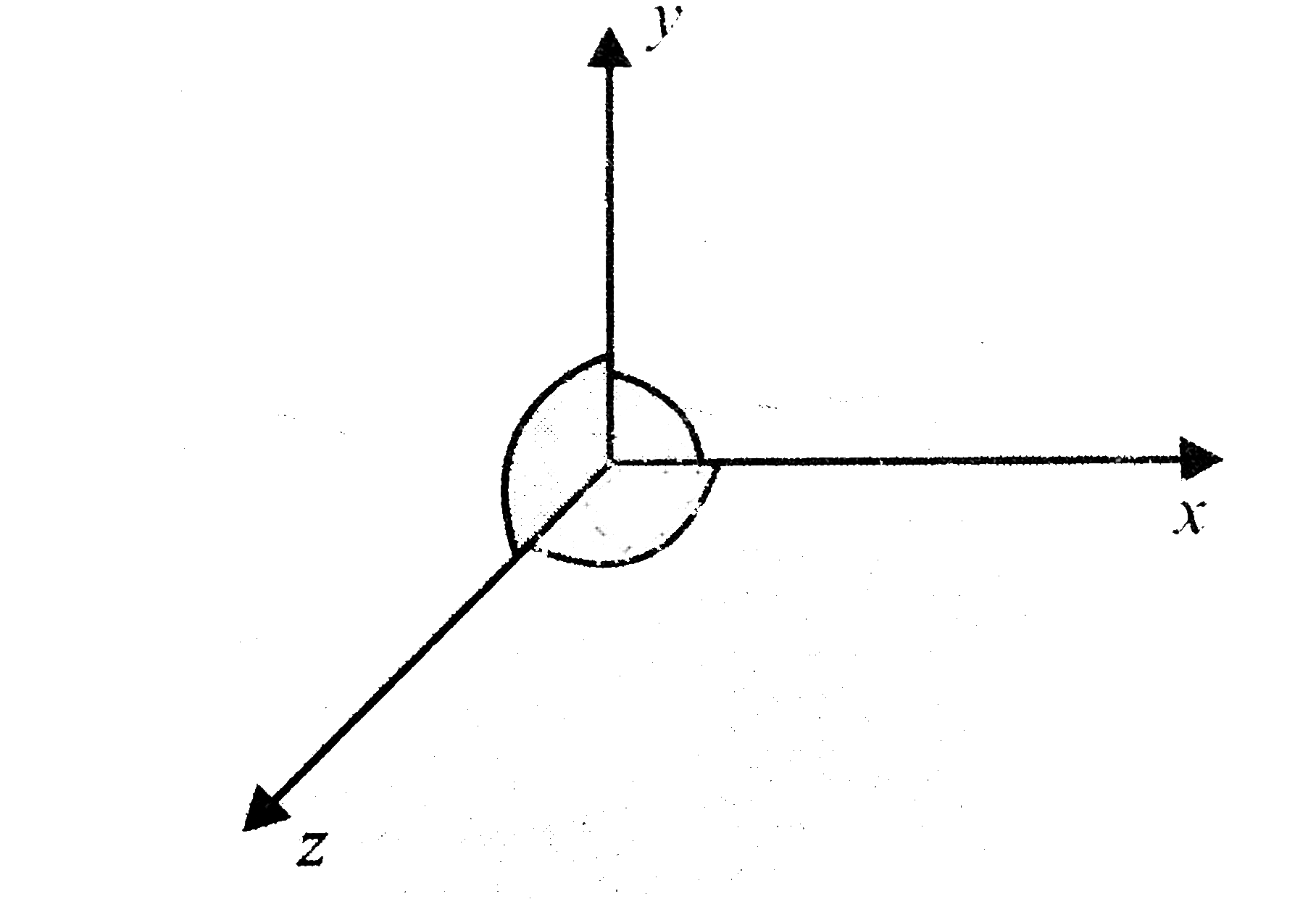Two bodies of 6 kg and 4 kg masses have their velocity and , respectively. Then, the velocity of their centre of mass is
The correct Answer is:C
To find the velocity of the center of mass (V_cm) of two bodies with given masses and velocities, we can follow these steps:
Step 1: Identify the masses and velocities
- Mass of body 1 (m1) = 6 kg
- Velocity of body 1 (v1) = 5^i−2^j+10^k m/s
- Mass of body 2 (m2) = 4 kg
- Velocity of body 2 (v2) = 10^i−2^j+5^k m/s
Step 2: Use the formula for the velocity of the center of mass
The formula for the velocity of the center of mass is given by:
Vcm=m1v1+m2v2m1+m2
Step 3: Calculate the total momentum in each direction
We will calculate the momentum in the x, y, and z directions separately.
For the x-direction:
Vcmx=m1v1x+m2v2xm1+m2
Where:
- v1x=5 m/s
- v2x=10 m/s
Calculating:
Vcmx=6×5+4×106+4=30+4010=7010=7 m/s
For the y-direction:
Vcmy=m1v1y+m2v2ym1+m2
Where:
- v1y=−2 m/s
- v2y=−2 m/s
Calculating:
Vcmy=6×(−2)+4×(−2)6+4=−12−810=−2010=−2 m/s
For the z-direction:
Vcmz=m1v1z+m2v2zm1+m2
Where:
- v1z=10 m/s
- v2z=5 m/s
Calculating:
Vcmz=6×10+4×56+4=60+2010=8010=8 m/s
Step 4: Combine the components to find V_cm
Now we can combine the components to find the velocity of the center of mass:
Vcm=Vcmx^i+Vcmy^j+Vcmz^k
Substituting the values:
Vcm=7^i−2^j+8^k m/s
Final Answer:
The velocity of the center of mass is:
7^i−2^j+8^k m/s
- Mass of body 1 (m1) = 6 kg
- Velocity of body 1 (v1) = 5^i−2^j+10^k m/s
- Mass of body 2 (m2) = 4 kg
- Velocity of body 2 (v2) = 10^i−2^j+5^k m/s
The formula for the velocity of the center of mass is given by:
We will calculate the momentum in the x, y, and z directions separately.
Vcmx=m1v1x+m2v2xm1+m2
Where:
- v1x=5 m/s
- v2x=10 m/s
Vcmx=6×5+4×106+4=30+4010=7010=7 m/s
Vcmy=m1v1y+m2v2ym1+m2
Where:
- v1y=−2 m/s
- v2y=−2 m/s
Vcmy=6×(−2)+4×(−2)6+4=−12−810=−2010=−2 m/s
Vcmz=m1v1z+m2v2zm1+m2
Where:
- v1z=10 m/s
- v2z=5 m/s
Vcmz=6×10+4×56+4=60+2010=8010=8 m/s
Now we can combine the components to find the velocity of the center of mass:
Substituting the values:
Vcm=7^i−2^j+8^k m/s
The velocity of the center of mass is:
7^i−2^j+8^k m/s
Similar Questions
Two bodies of 6kg and 4kg masses have their velocity 5ˆi−2ˆj+10ˆk and 10ˆi−2ˆj+5ˆk respectively. Then, the velocity of their centre of mass is
View SolutionTwo bodies of masses 10kgand2kg are moving with velocities (2ˆi−7ˆj+3ˆk)and(−10ˆi+35ˆj−3ˆk)m/s respectively. Calculate the velocity of their centre of mass.
View Solution
Knowledge Check
Three bodies of masses 3kg, 2kg and 1 kg kept at points (3ˆi+2ˆj),(5ˆj+ˆk) and (2ˆi+ˆk) respectively. Then the position vector of their centre of mass is given by
A→Rcm=11ˆi6+38ˆj+2ˆkB→Rcm=11ˆi6+83ˆj+ˆk2C→Rcm=7ˆi6+58ˆj+2ˆkD→RCM=11ˆi6+85ˆj+3ˆkTwo bodies of mass 1 kg and 3kg have position vectors ˆi+2ˆj+ˆkand−3ˆi−2ˆj+ˆk, respectively. The centre of mass of this system has a position vecotor :-
A−ˆi+ˆj+ˆkB−2ˆi+2ˆkC−2ˆi−ˆj+ˆkD2ˆi−ˆj−2ˆkTwo particles whose masses are 10 kg and 30 kg and their position vectors are ˆi+ˆj+ˆkand−ˆi−ˆj−ˆk respectively would have the centre of mass at position :-
A(ˆi+ˆj+ˆk)2B(ˆi+ˆj+ˆk)2C(ˆi+ˆj+ˆk)4D(ˆi+ˆj+ˆk)4
The instantaneous velocities of two particles of masses 200 g and 400 g at a given time are 12ˆi−7ˆj−5ˆk m/s and 8ˆi−9ˆj−5ˆk m/s, respectively. Calculate the instantaneous velocity of the centre of mass of the system.
View SolutionIf →ω=2ˆi−3ˆj+4ˆk and →r=2ˆi−3ˆj+2ˆk then the linear velocity is
View SolutionA mud ball at rest explodes into three fragmennts of masses in the ragio 1:2:1. the two equal masses move with velocities 2ˆi+5ˆj−6ˆk and −4ˆi+3ˆj+2ˆk. Find the velocity of the find mass.

View SolutionTwo particles of masses 1 kg and 3 kg have position vectors 2ˆi+3ˆj+4ˆkand−2ˆi+3ˆj−4ˆk respectively. The centre of mass has a position vector
View SolutionTwo particles of masses 1 kg and 3 kg have position vectors 2ˆi+3ˆj+4ˆk and −2ˆi+3ˆj−4ˆk respectively. The centre of mass has a position vector
View Solution
